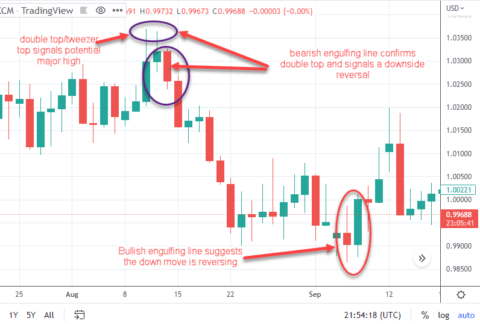Navigating the ever-changing landscape of financial reporting can be a daunting task. Especially when it comes to disclosure management.
But with so many guidelines and best practices to consider, where do you even begin? Fear not, dear readers.
In this post, we will delve into the ways and tips that make up the best practices. This is for disclosure management in financial reporting. Read on.
Understanding Disclosure Requirements
To manage disclosures effectively, it’s essential first to understand the various requirements. These include mandatory disclosures as dictated by regulatory bodies like the SEC.
Also, voluntary disclosures that provide additional transparency. Companies must stay abreast of changes in regulations to ensure compliance.
Building a Strong Disclosure Framework
A robust framework is the foundation of effective disclosure management. This involves setting clear policies and procedures on financial data. Such as:
- gathering
- verifying
- reporting
An effective framework ensures consistency, accuracy, and completeness in disclosures.
Leveraging Technology for Disclosure Management
Modern disclosure management solutions can automate many aspects of the reporting process. They offer tools for:
- data consolidation
- collaboration
- real-time updates
This makes it easier to manage complex disclosures. Using these technologies can:
- reduce errors
- improve efficiency
Ensuring Data Accuracy and Integrity
Data accuracy is paramount in financial reporting. There are features that can help in maintaining the integrity of disclosures. Such as implementing rigorous:
- data validation
- verification processes
Regular audits and reviews are essential to catch and correct any discrepancies.
Enhancing Transparency Through Clear Communication
Transparency is a critical aspect of disclosure management. Clear and concise communication of financial information helps stakeholders understand the company’s:
- performance
- strategic direction
Avoid jargon and overly technical language to make reports more accessible.
Training and Development for Financial Teams
Investing in the training and development of financial teams ensures they are well-versed in disclosure:
- requirements
- best practices
Continuous learning opportunities keep teams updated on the latest trends and regulations. Such as:
- workshops
- seminars
- online courses
Its helpful to consult an expert to learn about beneficial ownership information reporting and more.
Integrating ESG Disclosures
ESG factors are increasingly important to investors and regulators. These are:
- Environmental
- Social
- Governance
Integrating ESG disclosures into financial reporting can provide view of the company’s:
- impact
- sustainability practices
Managing Disclosure Risks
Effective risk management practices are essential for identifying and mitigating disclosure-related risks. This involves:
- regular risk assessments
- implementing controls
- developing contingency plans
This is to address potential issues.
Maintaining Confidentiality and Security
Protecting sensitive financial information is crucial. Using robust cybersecurity measures and access controls can safeguard data from:
- breaches
- unauthorized access
This ensures the confidentiality of disclosures.
Utilizing Professional Judgment
Professional judgment plays a significant role in effective disclosure management. This is while technology and frameworks are essential.
Experienced financial professionals can provide insights and interpretations that go beyond the numbers. This adds depth to the disclosures.
Engaging with Stakeholders
Regular engagement with stakeholders helps in understanding their information needs and expectations. This feedback can be invaluable in:
- refining disclosure practices
- enhancing the overall quality of financial reporting
Continuous Improvement and Innovation
Disclosure management is an ongoing process that benefits from continuous improvement and innovation. Regularly reviewing and updating disclosure practices ensures they remain effective and aligned with:
- best practices
- regulatory requirements
Be Wise in Disclosure Management
Effective disclosure management is vital for accurate and transparent financial reporting. By following this guide, organizations can master disclosure management.
This not only enhances compliance but also builds trust and confidence among stakeholders. It contributes to the long-term success of the organization. Talk to an expert today!
If you want to read more articles, visit our blog.





